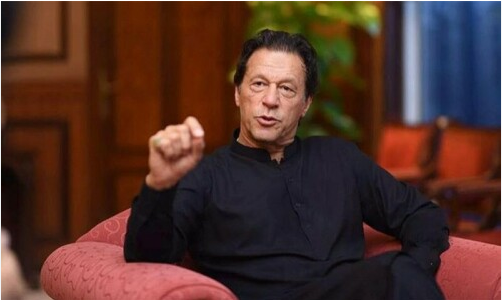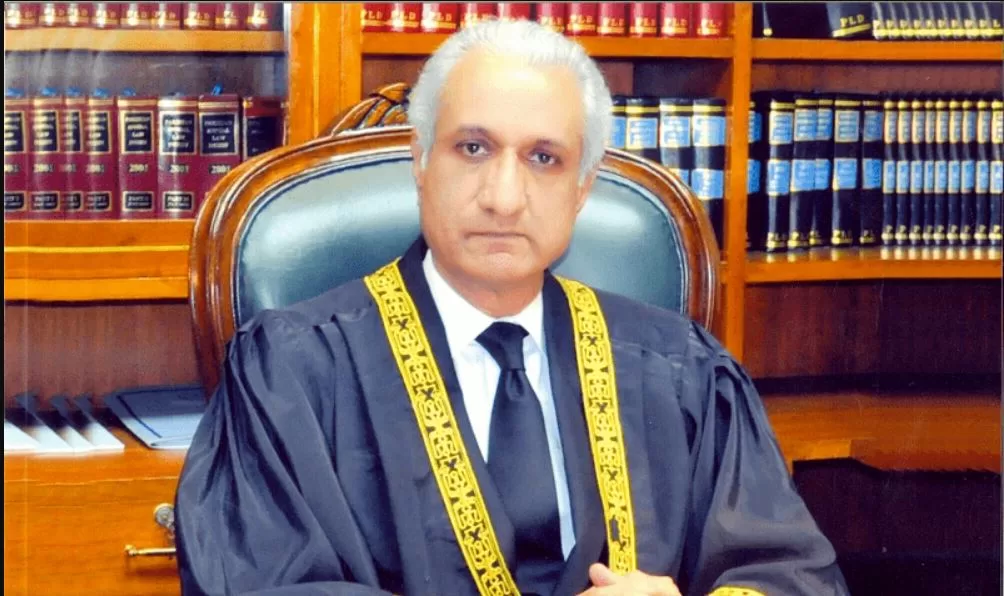Jinnah House vandalism probe: Imran skips JIT appearance, asks to be facilitated at Zaman Park residence
The Jinnah House, located in the Malabar Hill area of Mumbai, India, has been the subject of a recent vandalism probe. The house, which was owned by Pakistan’s founder, Muhammad Ali Jinnah, has been at the center of a long-standing dispute between Pakistan and India.
In recent weeks, the house has been vandalized and defaced with anti-Pakistan slogans. This has sparked outrage in Pakistan, with Prime Minister Imran Khan ordering a Joint Investigation Team (JIT) to investigate the incident.
However, in a surprising turn of events, Imran Khan has asked to be facilitated at his Zaman Park residence instead of appearing before the JIT. This decision has raised eyebrows among political analysts and the public alike.
Some have criticized Imran Khan for not appearing before the JIT, arguing that it is his responsibility as the Prime Minister to cooperate with the investigation. Others have defended his decision, arguing that he has legitimate security concerns that need to be addressed.
Regardless of the reasons behind Imran Khan’s decision
The Jinnah House vandalism probe has highlighted the ongoing tensions between Pakistan and India. The Jinnah House is seen as a symbol of the contentious relationship between the two countries, and the recent incident has only added fuel to the fire.
The vandalism of the Jinnah House is a reminder of the importance of preserving cultural heritage and historical sites. It is also a reminder of the need for dialogue and diplomacy between Pakistan and India to resolve their longstanding disputes.
The Jinnah House, also known as the South Court, was designed by British architect Claude Batley and was built in the early 1930s. It served as the residence of Muhammad Ali Jinnah, the founder of Pakistan, during his visits to Mumbai. After Partition in 1947, the house was taken over by the Indian government.
In the years since, the Jinnah House has been the subject of a long-standing dispute between Pakistan and India. Pakistan has long claimed that the property belongs to it, and has sought its return. India, on the other hand, has argued that the property was acquired legally and is therefore its rightful owner.
The recent vandalism
The recent vandalism of the Jinnah House has only added to the tensions between the two countries. The incident has been condemned by both the Pakistani and Indian governments, with the latter promising to take action against those responsible.
The decision by Imran Khan to ask to be facilitated at his Zaman Park residence instead of appearing before the JIT has been met with mixed reactions. Some have criticized him for not cooperating with the investigation, while others have defended his decision on security grounds.
Regardless of the reasons behind Imran Khan‘s decision, the incident has highlighted the need for greater efforts to preserve cultural heritage and historical sites. It has also underscored the need for dialogue and diplomacy between Pakistan and India to resolve their longstanding disputes.
The recent incident
In conclusion, the Jinnah House vandalism probe is a reminder of the ongoing tensions between Pakistan and India. The recent incident has highlighted the need for greater efforts to preserve cultural heritage and historical sites, and for dialogue and diplomacy to resolve longstanding disputes. It is important for both countries to work towards finding a peaceful solution to the issue of the Jinnah House, and to address the underlying issues that continue to fuel tensions between them. Only through cooperation and mutual respect can these longstanding disputes be resolved, and a lasting peace be achieved in the region.





1 Imran requests - News Nation Wisehttps://newsnationwise.com/